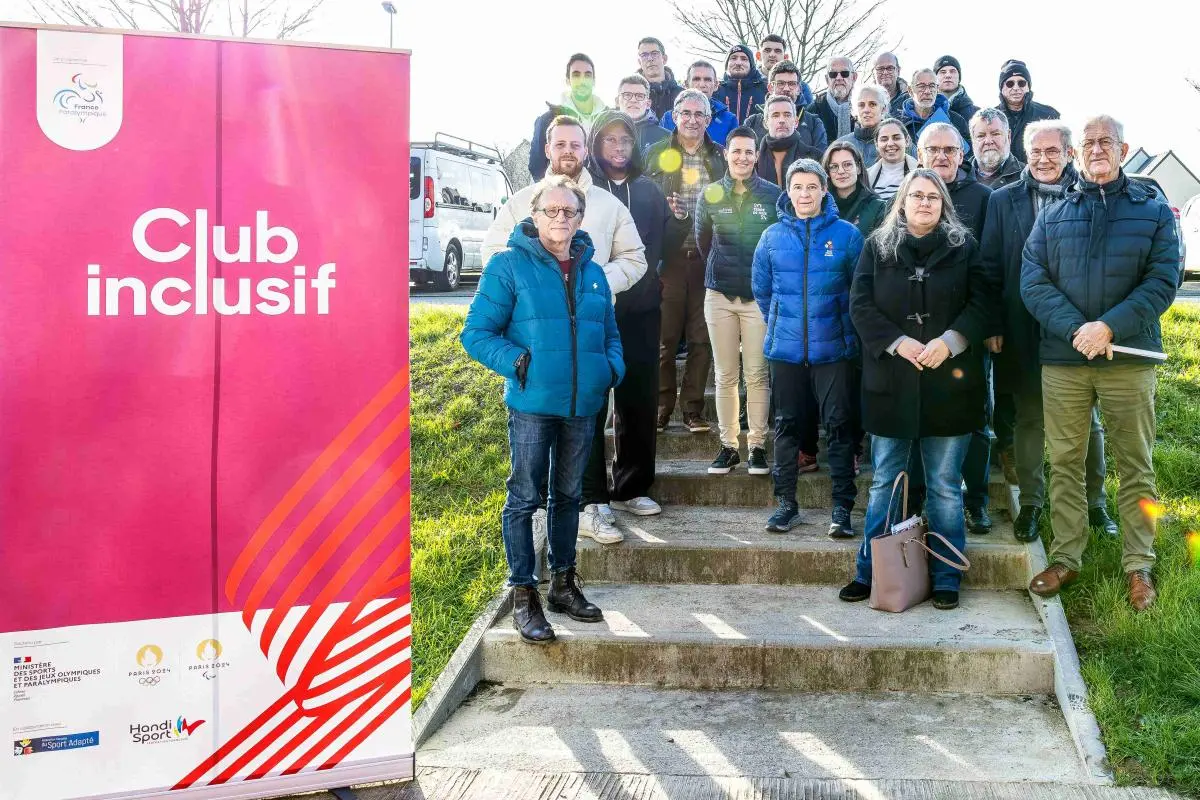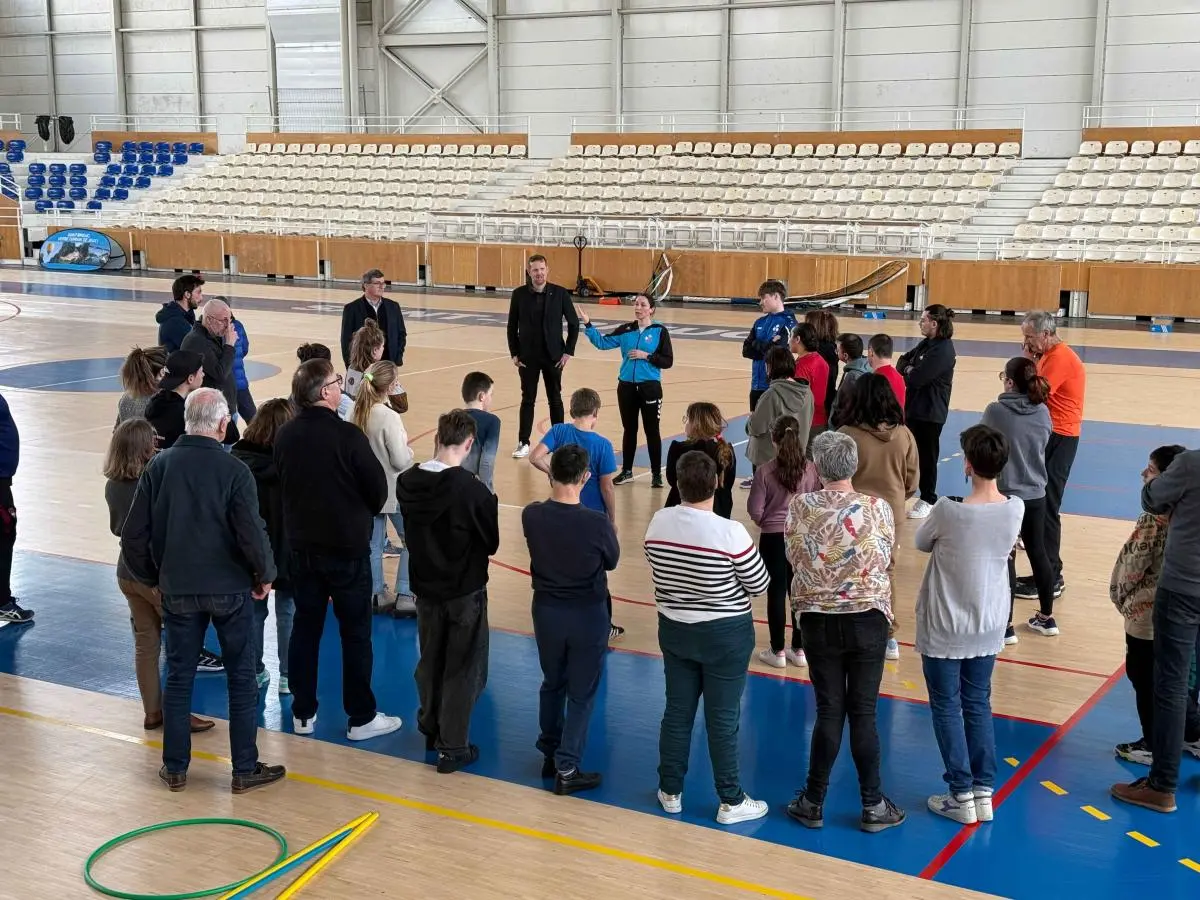
MAKING SPORTS CLUBS INCLUSIVE
What started out as a city-wide project to increase the number of accessible sport clubs has become a nationwide initiative fully supported by the country’s President
Overview

There are 12 million persons with disabilities in France. Before 2020, just 1.4 per cent of sport clubs said they were able to accommodate persons with disabilities. Around 44 per cent cited the lack of trained supervisors and coaches as the top barrier to welcoming persons with disabilities.
In response, the French Paralympic and Sports Committee (CPSF) launched Club Inclusif in 2022 as a national support mechanism to transform everyday sports clubs into safe, welcoming, and accessible spaces for all.
Who was involved?
The initiative was coordinated by the CPSF and Paris 2024 Organising Committee, with support from the Ministry of Sports and the National Sports Agency. It operates in collaboration with regional and municipal sports bodies, sports federations, and local clubs.
What was done?
Club Inclusif was designed to give clubs the confidence, structure, and practical tools to become more inclusive. The process began with a simple online self-diagnostic tool that clubs completed to assess their readiness across areas such as physical accessibility, staff training, inclusive communication, and programme design.
Clubs then received follow-up support from local coordinators trained to guide them in developing an action plan suited to their context and capacity.
The ‘Club Inclusif-model’ is intentionally flexible and tailored, allowing even small, volunteer-led clubs to engage meaningfully. Clubs are not evaluated for compliance but rather supported in identifying realistic next steps — from basic improvements in signage and communication to offering adapted sessions or forming partnerships with local disability services.
Recognising that most clubs initially operated only with mixed training groups — without specific resources, equipment, or training — Club Inclusif helped and helps bridge that gap by offering capacity-building and connection to local expertise.
What made it special?
Club Inclusif originally started life as 'Para Welcoming Training', an initiative led by City of Paris, CPSF and the Paris 2024 Organising Committee, targeting sport clubs in the French capital. Such was its success and popularity, the President of France, Emmanuel Macron, expanded the programme to cover the whole of France under the Club Inclusif umbrella.
Club Inclusif stands out for its bottom-up, empowering approach. Rather than imposing rigid standards, it supports clubs with tools, coaching, and flexible pathways. This makes it accessible to all clubs — large or small, urban or rural — and fosters lasting commitment to inclusion based on shared responsibility and local ownership.
What changed?
Over 2,200 clubs, across 12 regions, have already registered and have now received concrete support and clarity on how to become more welcoming to persons with disabilities.
Inclusion has moved from aspiration to action. Staff are more confident, partnerships are growing, and inclusive sport is becoming more visible and valued at the local level.
The initiative is also helping to build a shared national framework, including indicators and data monitoring, which supports public authorities in tracking progress and identifying needs while respecting club autonomy.
What was learned?
Many clubs want to be inclusive but need support and step-by-step guidance. Capacity-building works best when rooted in local realities and combined with tools that enable self-reflection, not just top-down rules. Cultural change is possible — when practical support is provided.
In other words, Inclusion fails when clubs are left to figure it out alone. Structured guidance, tailored pathways, and peer-supported transformation works.
Get started
Please visit www.club-inclusif.fr to find diagnostic tools, good practice case examples, training content, and regional contacts. Anyone interested in adapting the model can contact CPSF at contact@france-paralympique.fr.



